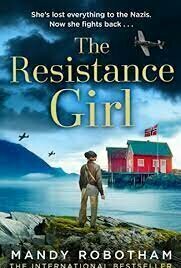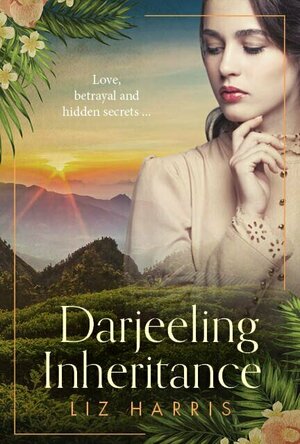
Darjeeling Inheritance (The Colonials)
Book
Darjeeling, 1930 After eleven years in school in England, Charlotte Lawrence returns to Sundar,...
Historical Fiction Romance
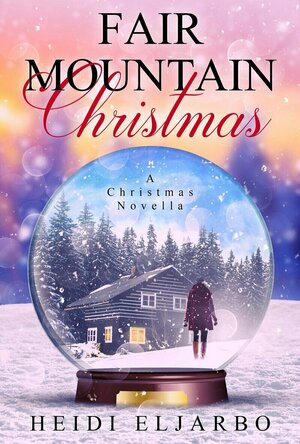
Fair Mountain Christmas
Book
Nostalgia and Christmas miracles burn bright in this uplifting and heartwarming story about new...
Historical Christian Fiction
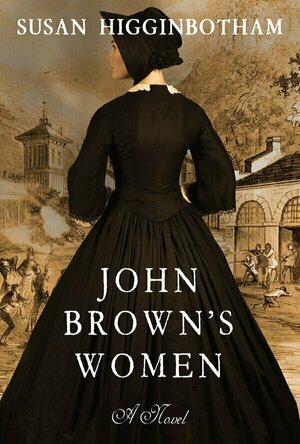
John Brown's Women
Book
As the United States wrestles with its besetting sin—slavery—abolitionist John Brown is growing...
Historical Fiction
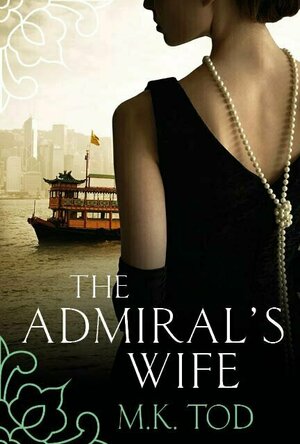
The Admiral’s Wife by M.K. Tod
Book
The lives of two women living in Hong Kong more than a century apart are unexpect-edly linked by...
Dual Timeline Historical Fiction
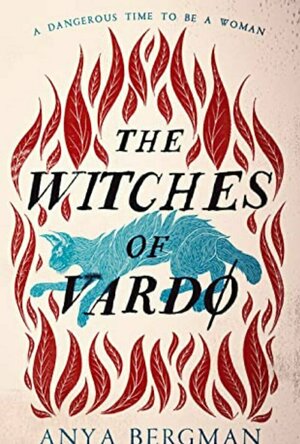
The Witches of Vardø
Book
They will have justice. They will show their power. They will not burn. Norway, 1662. A dangerous...
Historical fiction Witchcraft Witch trials Trigger warning: violence towards women
Hazel (2934 KP) rated The Resistance Girl in Books
Mar 27, 2022
Following the lives of a small group of people in Norway during WWII, this is a compelling story of their bravery as part of the resistance movement.
With exceptionally strong characters and a powerful story, this is an important part of history that I was not familiar with and although this is historical fiction, it does weave actual events into the story which gives it a sense of realism and shows you what lengths 'normal' people will go to to protect freedom and whilst they have a strong regard for the danger they are putting themselves and, potentially, others in, the bigger picture is far more important. A poignant read given the current events in Ukraine.
The narrator told the story with ease and kept me engaged and enthralled from beginning to end; her voice was perfect.
Recommended for anyone who enjoys a great story of bravery, love and the importance of family, friends and freedom.
Thank you to HarperCollins UK Audio and NetGalley for my copy in return for an honest, unbiased and unedited review.

Buccaneer: The Early Life and Crimes of Philip Rake (The Molucca Star Quartet #1)
Book
Bristol, 1713. When Philip Rake, pickpocket, smuggler and scoundrel is arrested and thrown in jail,...
Historical Action and Adventure Pirates Caribbean Swashbuckling Naval Fiction
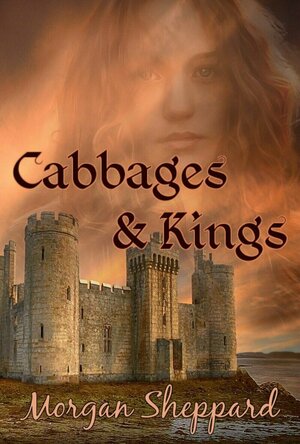
Cabbages & Kings
Book
Hero. Honourable Thief. Lovable Rogue. Scoundrel. Blackguard. Everyone’s heard of Robin Hood...
Historical Fiction Origin Story Robin Hood Coming of Age
David McK (3705 KP) rated The King in Rome (Warrior #1) in Books
May 28, 2023
Even more so - again, IMO - with those set during the time of the Roman Empire: I think we're approaching 20, now, of his full length Cato and Macro novels (edit: as of typing this, 22 novels).
I can't say much about TJ Andrews, other than I'm aware he has collaborated with Scarrow on a a few e-book novella's.
This is the latest in that collaboration, taking - as it's inspiration - the tale of Caratacus, the British warlord who defied the Empire before the time of Boudica, and who appeared in some of the earlier Eagle (aka Cato and Macro) novels as an antagonist. Eventually defeated by the Roman legions, Caratacus was spared by the Emperor Claudius to live out his life in the confines of Rome (and with Prefect Cato being name dropped when he mentions that in this novella), which is where this series of novellas picks up, as Caratacus is persuaded to tell his life story to a Roman historian who first encounters him at a banquet hosted by the Emperor Nero.
Told, therefore, from the 'other point of view' than the usual, I'm interested in seeing where this goes!
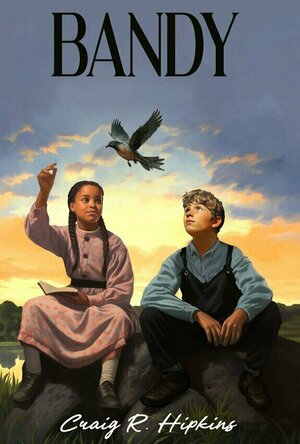
Bandy
Book
Isaac’s only friend is a passenger pigeon named Bandy. He deludes himself in believing the bird...
Young Adult Adventure Historical Fiction
